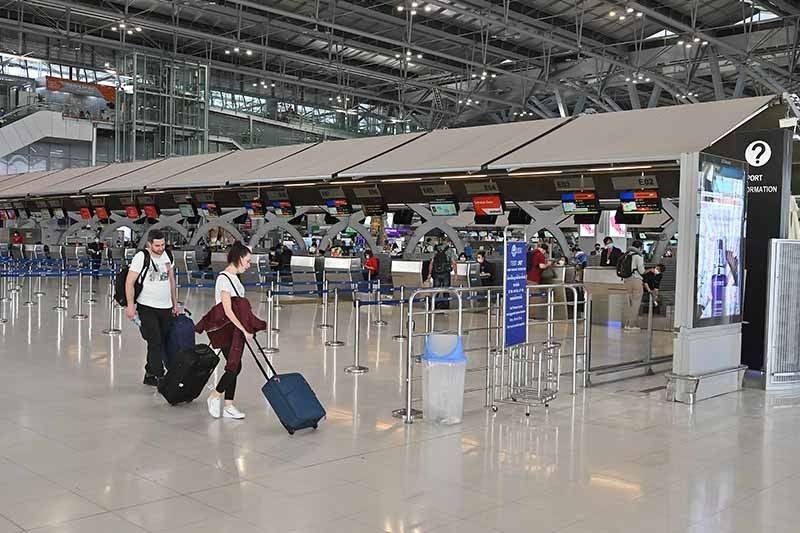Bank of Thailand – Economy further contracted in April

The tightening of COVID-19 containment measures in both Thailand and abroad temporarily disrupted several economic activities. The tourism sector substantially contracted due to Thailand’s inbound travel restriction measures.
Merchandise exports excluding gold contracted at a higher rate, consistent with the decline in trading partner demand. Private consumption indicators highly contracted as a result of weakening purchasing power and the containment measures.
Private investment indicators and manufacturing production continued to contract significantly following demand conditions and economic uncertainties. However, public spending continued to expand from both current and capital expenditures.
This month, the government began to transfer financial relief to those affected by the COVID-19 outbreak which would support the economy going forward.
On the stability front, headline inflation was more negative from energy prices as a result of falling global crude oil prices and the government’s electricity bill subsidy measure. The labor market was more vulnerable. The current account registered a deficit. Capital and financial accounts posted a surplus mainly from the asset position.
Zero foreign tourist arrivals
The number of foreign tourist arrivals contracted by 100 percent from the same period last year, with none of foreign tourist arrivals in this month after the implementation of Thailand’s inbound travel restriction measures to contain the spread of the COVID-19 outbreak. Consequently, tourism-related businesses, especially hotel and restaurant as well as passenger transportation, were affected substantially.
Merchandise exports contracted by 3.3%
The value of merchandise exports contracted by 3.3 percent from the same period last year. Excluding a historical value of gold, exports value highly contracted at 15.9 percent. This was due to the high contraction in exports of automotive and parts, petroleum-related products, electrical appliances and machinery and equipment, consistent with the substantial decline in trading partner demand and global crude oil prices. However, exports of some products expanded such as electronic products, agro-manufacturing products and agricultural products, due to the benefit during the period of the COVID-19 outbreak.
Private consumption indicators contracted
Private investment indicators continued to contract significantly from the same period last year, from the high contraction of investment in machinery and equipment in all components. As a result of weak domestic and external demand which deteriorated business profit and sentiment, together with high excess production capacity, businesses decided to delay their investment plan.
Imports sharply contracted by 17 percent
The value of merchandise imports sharply contracted by 17.0 percent from the same period last year. Excluding gold, imports value contracted at 13.8 percent. The contraction was from all categories including raw materials and intermediate goods, capital goods and consumer goods, consistent with softer economic activities.
Public spending continued to expand
Public spending, excluding transfers, continued to expand from the same period last year both in current and capital expenditures. Current expenditures expanded from purchases on goods and services, especially expenditures for the COVID-19 containment purpose. Meanwhile, capital expenditures expanded from the disbursement of both the central government and state enterprise.
Overall economic stability remained sound, though more vulnerable. Headline inflation was more negative from energy prices as a result of falling global crude oil prices and the government’s electricity bill subsidy measure. Meanwhile, core inflation remained positive but continued to decline consistent with weakening domestic demand.
Labor market was more vulnerable as reflected by the increase in the number of jobless claims on the social security system. The current account registered a deficit mainly from income balance due to dividend payout by corporate sector, coupled with the significant drop in travel receipts. The capital and financial accounts posted a surplus mainly from the asset position.
Source : Bank of Thailand


